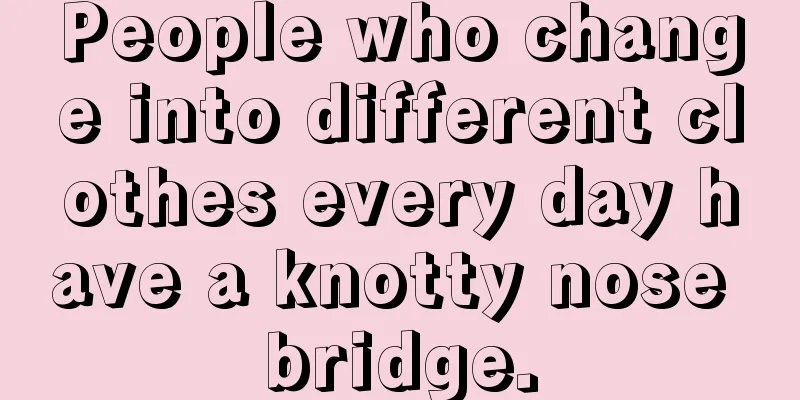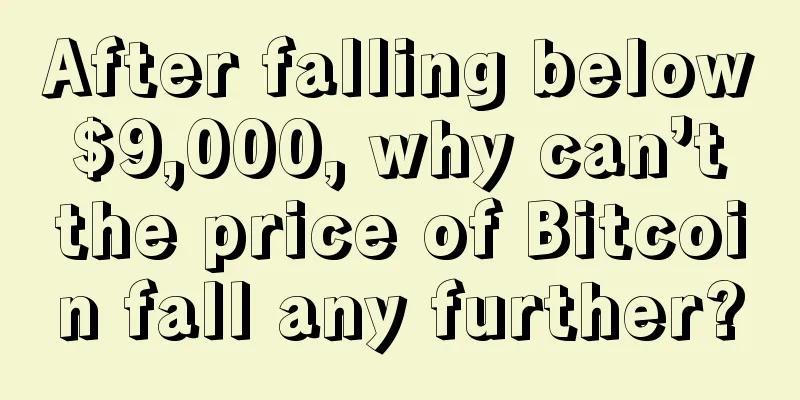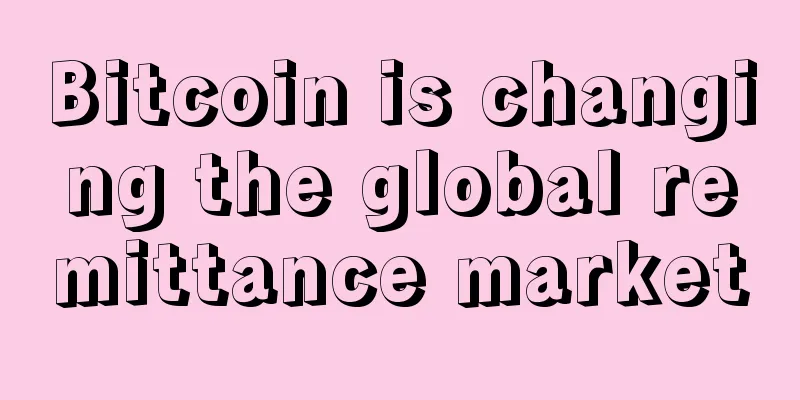Chainwashing or Brainwashing, have you been brainwashed by blockchain?

|
“ Blockchain hype peak?The hype around blockchain or distributed ledger technology (DLT) is very serious today. According to the latest survey by Synechron, a global financial and technology services consulting company, more than two-thirds (67%) of the 200 financial services companies and IT decision makers (from the United States, the United Kingdom and Europe) surveyed are actively exploring blockchain technology. In addition, 94% of the respondents believe that corporate leaders (board members) have begun to participate in the research and development of blockchain projects. The current state of the blockchain space is very similar to the cloud computing hype of a few years ago, where every company can gain investor attention simply by throwing out the buzzword “blockchain.” There was also the term “cloudwashing”, which was rebranding old products or services by associating them with the new word “cloud”, which has evolved into “chainwashing”. Swanson wrote in a blog post:
R3 communicates with many startups every month, and Swanson spends most of his time on project screening. Almost every company mentions the two hot words "blockchain" and "distributed ledger". Although his team met with at least 400 companies last year, there were less than 10 companies that were truly capable. Wasted effortSwanson usually asks a few questions to find out the motivations of these startups, such as how they define blockchain, what problems blockchain can solve, and whether these problems can be solved with existing technologies. Many companies are trying to "square the wheel" (a waste of effort in English slang) and then say it's the 2.0 version of the wheel, just to stay relevant in the decentralized technology world. However, most decentralized services exist for a reason: because they work. Centralized systems are generally more reliable, efficient, and more scalable, especially for enterprises. The modifiable blockchain is a typical example. Simply put, the modifiable blockchain is a distributed database, which is not a new concept. Blockchain technology ensures immutability and transparency through consensus reached through mechanisms such as Bitcoin PoW. Do you want your personal information to be carved in stone and made public? If the answer is no, then a simple database will solve your problem. Otherwise, these so-called "blockchain startups" are trying to deceive investors through chainwashing. Swanson explained:
(Here the author attaches a short joke from Samson: It is said that if you shout "blockchain" three times quickly, your database will be immutable and your company will become a fintech giant.) Chainwashing everythingIn fact, even central banks are getting involved in chainwashing. One example is the blockchain virtual currency (legal currency) of the People’s Bank of China (PBOC). Although this system still uses blockchain technology, its function is no different from a centralized database to store identity and account information. Adopting blockchain technology for this purpose does not make the fiat currency system better, at least for the public. This fiat currency system is still centralized and inflationary, and it removes the control and privacy of the public over physical currency. Indeed, chainwashing has gradually evolved into a common means of attracting investment and media coverage. Ethereum (ETH)-based sharing app Arcade City or blockchain dating project Matchpool are examples of such startups. Swanson's article ends with a thought-provoking question:
|
<<: If the ETF resolution is officially passed, what impact will it have on the price of Bitcoin?
Recommend
Moles that represent past life marriages
Many people believe in karma and reincarnation. T...
Love fortune from palmistry
If you want to know your love luck, you must firs...
Which women are blessed in their later years?
Nowadays, many women are very independent. They a...
Chain.com (XCN) token loses 96% of its value in flash crash, Celsius’ CEL token price surges 8x before falling back
On Tuesday, the token of cloud blockchain infrast...
Palmistry analysis of women's unhappy marriage
There is a love line on the hand, which can show w...
What are the facial features of a person with too much Yin De?
In fact, people with great good karma can often b...
What does it mean when there are flower star patterns and triangle patterns on the wisdom line?
Flower star pattern: The flower star pattern is s...
Blockchain application Stem received $4.5 million in financing, and the beautiful CEO said it would subvert the music industry
Stem, a startup using blockchain and cryptocurren...
OKCoin Added to CME Bitcoin Index
The Chicago Mercantile Exchange Group (CME) annou...
Women with eyes as curved as the moon are very friendly and easy to get along with.
Women with eyes as curved as the moon are general...
What are the Five Stars and Six Element?
【original】 Five elements: gold, wood, water, fire...
What kind of face looks like a normal person and still lives happily
Different people treat the same thing differently...
Do men with narrow foreheads have less chance of success in officialdom? Face analysis
Nowadays, everyone hopes and expects to have bett...
How is the life fortune of people with phoenix eye patterns on their hands?
When I was a child, I often heard the older gener...
Do people with more money lines have stronger ambitions?
All of a person’s achievements are not only achie...









